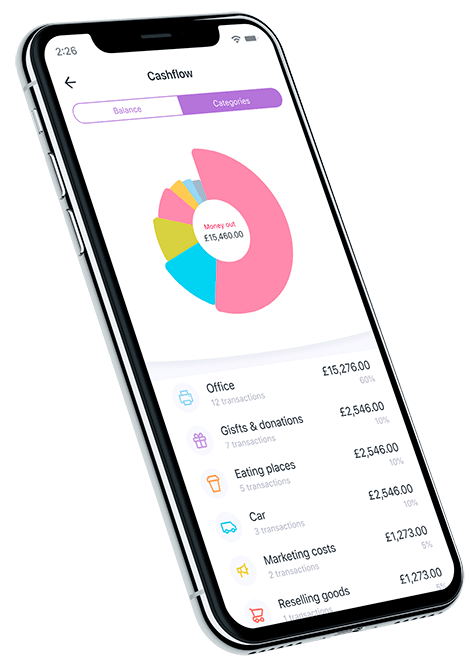Black Friday 2020: Scams to avoid

Stay aware and stay safe this Black Friday.
With most high streets closed to consumers, Black Friday will compound 2020’s rapid shift to online sales. That increase means an inevitable rise in cybercrime.
To help you stay safer, our anti-fraud experts have put together a list of scams to be on the look out for this year.
1. The ‘Too good to be true’ test
Don’t be tempted by any offer which seems unbelievably good - it’s usually a sure sign of a scam! A fraudulent seller will list an item for far less than market value to encourage people to snap up a deal. When they’ve paid up front to secure this incredible bargain, they may well find the goods never arrive. Be particularly careful on social networks, online auction and marketplace sites.
2. Spoof Websites
Are you on a legitimate website? Fraudsters will clone a site, using familiar logos, branding and content to encourage people to pay for items online. Double check all websites and look for the padlock in the web address. This shows the site is secure. No matter how much the branding reassures you, be very wary before parting with your card details.
3. Fake Goods
Fraudsters will list ‘designer’ items at a heavily discounted price. Again, if a price seems too good to be true it usually is. You won’t get Prada at Primark prices!
4. Facebook Hacking
There has been a huge increase in Facebook takeover, where people receive messages supposedly from friends requesting money. It could be somebody offering to sell you something or asking for a short-term loan. If you do receive a message like this, pick up the phone and speak to the alleged sender to make sure it is genuine.
5. Check the returns policy
We are all guilty of impulse buying. Make sure you can return any goods, especially if they are faulty. Returns policies have changed during the pandemic and food gifts such as hampers can no longer be returned. If you do end up getting carried away with bargains, ensure that you know your consumer rights!
6. Keep an eye on your bank account
With an increase in online sales there is a greater risk of your card information being stolen. Fraudsters won’t always wipe out your account, but they may make some small transactions to avoid detection. Get into the habit of checking your transactions regularly. The sooner you spot something suspicious the greater the chance of preventing future fraud.
7. Remember: You are not an undercover cop!
Fraud feeds on momentum. As fraud is expected to increase, and receives publicity, fraudsters will look to prey on the panic. If you receive a phone call claiming to be from your bank or the police, requesting that you move your money to a secure account, hang up immediately! Banks do not rely on customers to move funds, if there is fraud on your account your bank can take care of this for you. If you do receive a call like this, contact your bank on a number you trust (such as the number from their website or app). Make sure you use a different device to contact them as the fraudsters may stay on the line, hijack your new call, and pretend to answer as your bank.
8. Be wary of text messages
A common scam is a text message querying transactions, claiming to be from PayPal. As PayPal is involved in many online transactions, people may be more likely to fall for this. It is very simple to clone an official number and make a text appear in the same chain as genuine messages. Never click any links in a text message. If you need to view transactions, log in securely to review your account. Clicking links can open up access to all of your information to hackers to access. It may also provide a window to download malware onto your advice to steal your bank information and personal details.
9. Authorised Push Payment Fraud
Be aware that if you willingly make a transaction which later turns out to be fraudulent, your bank may not return your funds. The customer has a responsibility to ensure safeguarding and carry out any necessary checks prior to committing funds.
10. Speak up
If you do suspect you have been the victim of fraud, it is important to speak to your bank as soon as possible. They can provide you with a new card if your card details have been compromised, and steps can be taken to increase online security. It is worth speaking to all your financial institutions if you think you have been compromised. If a fraudster has your details they may go after more than one account.
Black Friday and Cyber Monday are the boost that retailers and consumers need near the end of a difficult year, but everyone needs to be extra vigilant. Stay aware and you’ll limit your exposure to fraud. Safe shopping!

Download now!
And you can open a business account with all the support you need in minutes.



